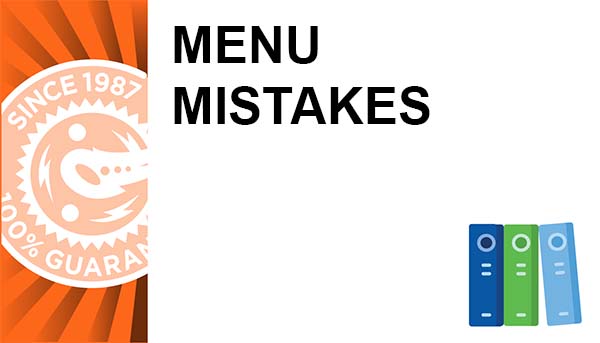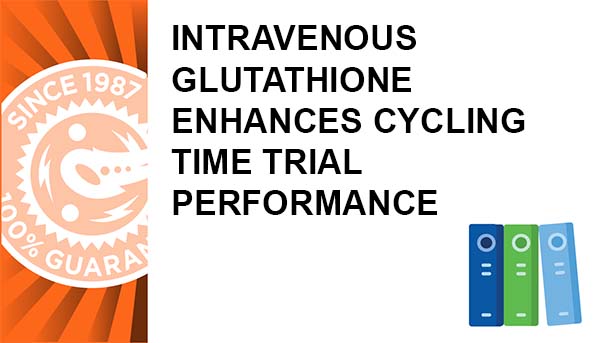
BY BRIAN FRANK AND VICKI HACKMAN
Legendary. Iconic. Unbelievable. Such adjectives would be considered hyperbole if used to describe any other runner. But for Dean Karnazes the description is entirely fitting. Named by Time magazine in 2007 as one of the Top 100 Most Influential People in the World, Karnazes has run 350 continuous miles, foregoing sleep for three nights. He's run across the Sahara Desert in 120-degree temperatures, and he's run a marathon to the South Pole in negative 40 degrees. On 10 different occasions he's run a 200-mile relay race solo, racing alongside teams of 12. His long list of competitive achievements includes winning the world's toughest footrace, the Badwater Ultramarathon; running 135 miles nonstop across Death Valley during the middle of summer; and competing on all seven continents of the planet, twice over.
A best-selling author, speaker, and philanthropist, Dean is the winner of an ESPN ESPY and a three-time recipient of Competitor magazine's Endurance Athlete of the Year award. Yet despite his many accomplishments, awards, and distinctions, he remains most proud of his ongoing contributions to programs aimed at getting children and youth outdoors and active. He has raised millions of dollars for charity and was awarded the prestigious Community Leadership Award by the President's Council on Physical Fitness & Sports.
We are extremely proud to say that Dean Karnazes is also a Hammer believer and a friend! Recently he shared some of his personal journey as an athlete with us...
We've heard the story of how you got into ultrarunning after a 30th birthday celebration, when you reflected that you were happiest and most challenged when you competed as a runner back in school. What was your lifestyle like in your 20s before this awakening?

I wasn't a lazy sloth in my 20s, but I had no cardiovascular fitness whatsoever. Windsurfing was my main sport and I completed professionally for a stretch, traveling often to Hawaii, Mexico, Australia, and the Caribbean. I drank way too much and partied more than I should have as a professional athlete, but somehow I got away with it.
We've also heard the equally infamous story of you ordering pizza to be delivered during your long runs back in the day. Tell us more about that and your early fueling habits.
I'll never live that story down. To be honest, at the time I didn't think twice about it. I was out on a long run in the middle of nowhere without a support crew, but I did happen to have a credit card and a cell phone. So I did the obvious - I ordered pizza delivery. In hindsight, it was a pretty outrageous act, but at the time it made perfect sense.
My early fueling habits were pretty atrocious. Basically, I equated a calorie with a calorie and figured I was burning tons of them, so I could eat whatever I wanted for replenishment (i.e., junk food). Thankfully I have an iron gut; otherwise I probably wouldn't have survived. Still, the way I fueled was far from optimal. I wish I knew then what I know now.
What does your diet look like today? Do you feel your diet has been a factor in your amazing athletic accomplishments, and if so, in what ways?
Let's just say I've cleaned things up considerably. People can change, and I've done a 180-degree shift in the way I eat. My diet now can best be described as a hybrid between Paleo, Raw, Pescaterian and Mediterranean.
I choose primarily organic and locally sourced foods and do much of my own cooking. I'm also quite a geek when it comes to spices and herbs, and I've got a collection that fills half our kitchen.
I now avoid refined sources of sugar. Most of my carbs come from whole fruit (I eat the skin, seeds, and sometimes even the core) and plenty of fresh vegetables. And because I don't eat bread, pasta, cereal, or any processed grains, there is naturally little gluten in my diet.
What do you eat before a race?
I like to go light. I typically have a cup of simple Greek-style yogurt (i.e., unsweetened, full-fat) with some berries or a banana sliced inside and perhaps some cashews. I don't like a lot of food in my gut when racing.
How did you become acquainted with Hammer products?
It was back in 2008 when I was doing this six-day, 250-kilometer self-supported race across the Sahara Desert. One of the competitors I was racing against, South African Ryan Sandes, was using Perpetuem and his performance was remarkable. Ryan introduced me to Hammer Nutrition and I've been a believer ever since.
Perpetuem has been a go-to since the Sahara race. I also use HEED, Hammer Gels, Hammer Bars, Endurolytes Fizz, EndurOmega, and a few of the other supplements. It's great quality stuff that I can trust.
What do your training weeks look like?
My training varies wildly because of my travel schedule, anywhere from 60 to 250 miles per week. I like to run marathons as training runs and do so every weekend I can, sometimes running one on Saturday and then another on Sunday. I try to remain in a constant state of training. I never sit down. I've got a pull-up and dip bar in my office, a sit-up mat, and TRX suspension straps. Throughout the day I cycle through sets of pull-ups, push-ups, dips, sit-up, and a TRX routine that's an ass-kicker. Life is training, and training is life.
You had remarkably few injuries over the last decade or so. To what do you attribute your durability?
Knock on wood (i.e., the side of my head), I've never suffered a running related injury. I take a very holistic, 360-degree approach toward injury prevention and physical excellence. This involves rigorous cross training, minimizing sitting time (I have a standing office), optimal diet and nutrition, adequate sleep, and healthy family and interpersonal relationships. I believe this approach is the key.
Of course, I'm also blessed with good biomechanics. That's nothing I've trained for; it's heredity. They say the best thing you can do as a long-distance runner is choose your parents well. Guess I did a good job [laughter]. I'm 100% Greek and my dad always insists we're from the same village in the hills of Greece as Pheidippides, the original marathoner. I always remind him we grew up in LA. "What village in the hillside of Greece are you possibly referring to?" [more laughter]
What is your most memorable run, and why?
The answer might surprise you. While I've had the great privilege of running and racing on all seven continents of the planet, twice now, in some of the most remote and exotic locations on earth - from a marathon in Namibia to running a across the Atacama Desert - my most cherished accomplishment is running a 10K race with my daughter, Alexandria, on her 10th birthday. Nothing will ever surpass that experience.
Your achievements have given you a platform to help others as a speaker and role model. What do you feel most inspired to convey to your audiences?
A quote from my first book, Ultramarathon Man: Confessions of an All-Night Runner, sums things up nicely: "Run when you can, walk when you have to, crawl if you must; just never give up." Words to live by.
What are your goals for the year ahead - athletically and/or as a public figure?
I am planning to embark on a global expedition in 2017 to run a marathon in every country of the world in a oneyear time span. There are 203 countries and I'm working with the U.S. State Department and the U.N. to get the necessary passports and permits to do this. As you can imagine, the planning, logistics, and sponsorship negotiations are every bit as difficult as the running itself. But I'm not giving up until it's done. I'm inviting the local country people to run with me when I visit.
It might be naive of me, but I think the world could use something like this right now. Let's stop fighting with each other and start running together. I always tell people to dream big. Run World, as it is being called, is my big dream. Now I need to put in the hard work and sweat to make that dream come true.
Read more about Dean on his website ultramarathonman.com










